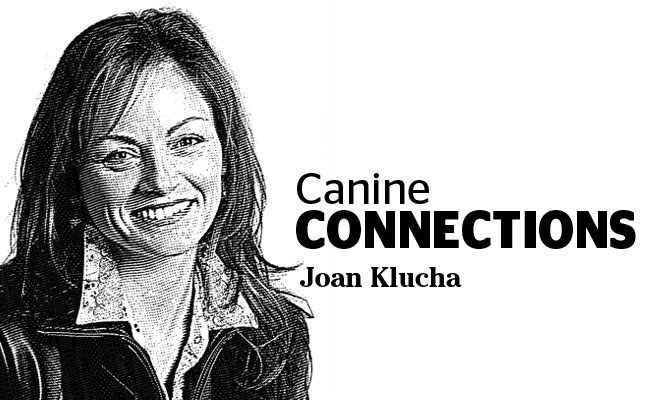There is a special kind of selfish cruelty that lives within the shadows of a soul belonging to a person who abandons their senior dog at a shelter.
I write that with a fair amount of contempt as I sit here with my 12-year-old dog Piper’s head on my lap. His declining health has ravaged his body and my hand rests on a bony shoulder that was once covered in dense, strong muscles that carried him like a gazelle through the forest. The now atrophied muscles support his weight long enough for him to walk to the garden where he must lie down for a rest in the shade.
His body has changed and no longer resembles that of a strapping young bird dog, but my devotion to him has not changed. In fact, I’ve rearranged my life as he transitions into the final stage of his life cycle, so I am available to offer comfort as needed. Given the lengths I am going for the sake of my senior dog’s well-being, in my opinion, there is no excuse for abandoning a senior dog – ever.
Witnessing the aging process and eventual death of animals is not new to me. One learns about that early growing up on a farm. Death doesn’t frighten me. One also learns the ethical responsibility of caring for animals until the very end. It’s a code of honour, really.
Maybe that’s why some people turn their back on a beloved companion in the final years or months of its life. They are unprepared for what dying looks like because, other than a house plant, they have never been exposed to death. When they see it, it frightens them.
Maybe talking about caring for a dog in the final stages of its life should be given just as much emphasis as talking about the beginning stages of its life.
I admit that I am guilty of glamourizing puppyhood and finding joy in adolescence within this column. I do this to prepare new dog owners for the stages of raising and training a young dog by teaching them how to find the good during these difficult periods. I’ve rarely, if ever, brought attention to a dog’s senior years and prepared owners for the inevitable difficulties.
The hardest part of having a dog is not the adolescent stage because the more effort you put into training, the better your dog will be.
No, the hardest part of having a dog is the senior years. Caring for a senior dog is challenging and the long-term rewards don’t exist, especially if you are hooked on immediate gratification. You get little return from a senior dog for the effort you put into its care. The reward in caring for a senior dog has a reverse effect. The reward comes from remembering the lifetime of devoted loyalty, unconditional love and companionship your dog has given you, free of charge, for the many years you’ve spent together.
As you clean the poop off his skinny bum and wash the urine from his bed, you remember lying on that very bed while crying over a broken heart with your face buried in his fur. As you crush medication and hide it in food you hope he will eat, you remember him drooling for another piece of pizza during a binge-watching Netflix weekend. As your morning walk takes you to the end of the driveway and back, you remember hiking to the top of a mountain and sitting with your arm around your dog taking in the beautiful view. As you listen to him wheezing for breath until you roll him onto his other side, you remember his athletic prowess as he once raced after a rabbit. As you smell his rank breath resulting from a liver tumour, you remember the tears he licked off your cheeks when your father died.
As you look into eyes that are a little bit cloudy, you can still see the unquestionable, unconditional, never-ceasing love and loyalty he has for you.
Giving up a senior dog means missing out on the greatest gift of all: seeing and feeling what love really is as you give back to your dog a fraction of what it gave to you.
Joan Klucha has been working with dogs for more than 15 years in obedience, tracking and behavioural rehabilitation. Contact her at [email protected]



